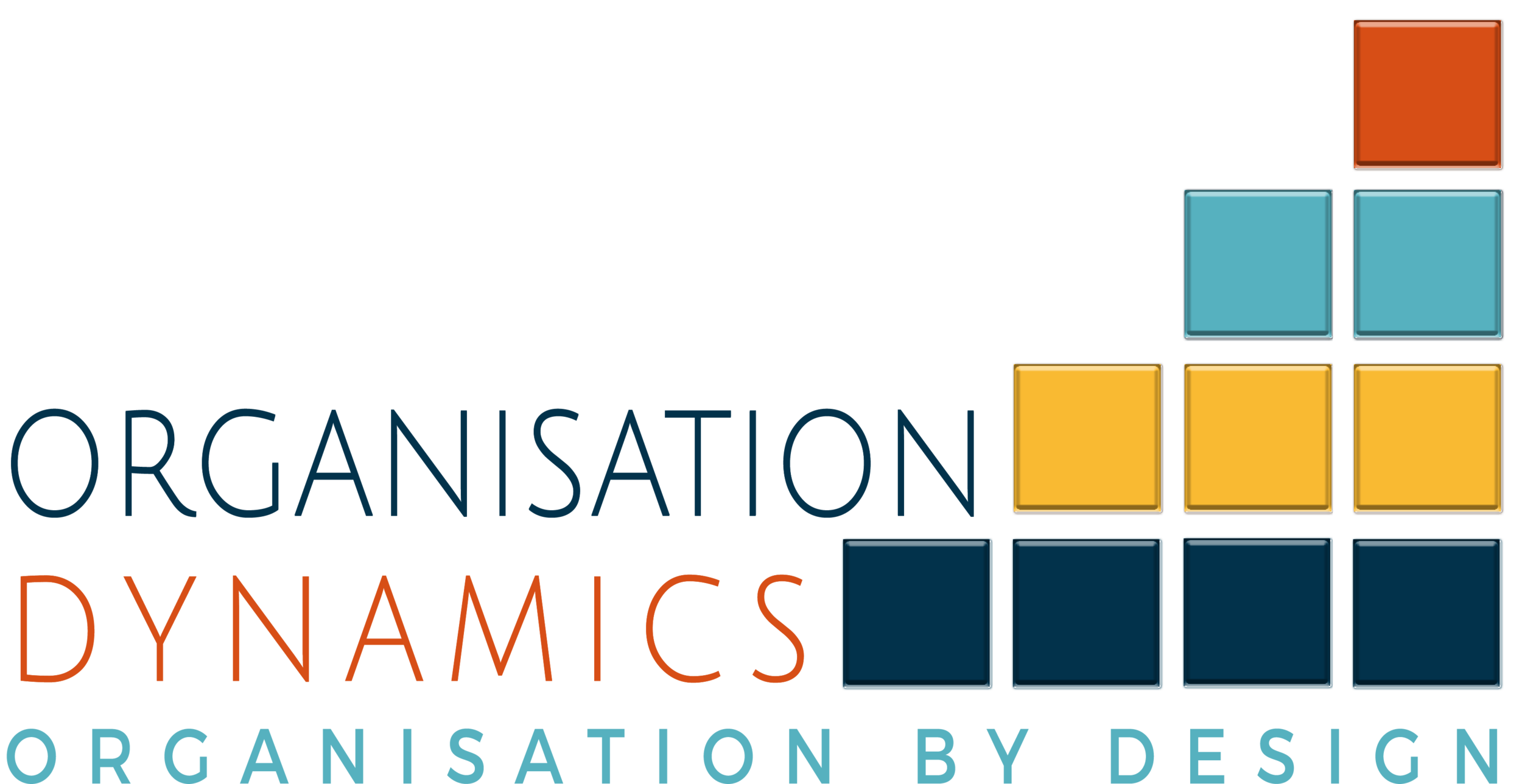Book review: Who can you trust? Rachel Botsman
Ahead of the CIPD Ireland (cipd.ie) 2019 Annual Conference, and her keynote speech, I have review Rachel Botsman’s new book :Who can you trust?”
Rachel Botsman is a leading author and Trust Fellow at Oxford University, Saïd Business School. She has previously written on collaborative consumption, reinventing traditional market behaviours such as renting using technology, and the sharing economy which looks at the impact of peer to peer networks. In her new book, Who can you trust?, Botsman explores how trust is at the centrepiece of human interactions, how failures in institutions have eroded trust and how we are moving into the third age of trust – distributed trust.
According to Botsman, trust is the 'Chicken soup of the social life' quoting political scientist Eric Ulslaner (1). It is at the core of every aspect of our lives. Money, for example, is a system that is completely based on trust; we trust banks to mind our money, we trust governments to protect its value, we trust online payment companies to transfer our money safely. In Who can you trust?, Botsman outlines how trust is a leap; we are moving from the known (buying from a friend) to the unknown (buying online from a stranger). We make the leap when trust fills the gap; we may not buy directly from a stranger but we will do so from a trusted platform such as Amazon, eBay or Alibaba.
Trust evolved from local trust – who you knew – to institutional trust – governments, banks, courts. However, as faith in institutions is on the wane, we need a new form of trust. The author calls this distributed trust; a horizontal trust based on the relationship between peers rather than a top-down relationship between institutions and citizens. Distributed trust has led to the rise of disruptive businesses such as AirBnB and Uber, crowd-sourced platforms such as Wikipedia and Kickstarter and social networks such as Facebook and Twitter. Alongside the rise of digital technology, these distributed platforms have come to dominate our lives in a short space of time.
Not all is sweetness and light in the new era of trust. Botsman explores the dark side of the web, showing how fake news bots have influenced elections through Facebook and Twitter and how AI can be trained to be racist. The nature of trust is undergoing a dramatic shift. As we move increasingly online, we become more dependent on horizontal trust – rating systems now dominate how we buy and sell. We trust the reviews of others more so than those from formal critics – even though research shows that a large percentage of online reviews are fake. At a more Orwellian level, China is moving to a system of Social Rating where access to services will be determined by a citizen’s social score.
Why does this matter, and what implications does it have for organisations? Margaret Heffernan (2), author, entrepreneur and TED speaker, notes that 85% of staff will not speak up at work about issues in the workplace – either due to fear of what would happen as a result or in recognition that nothing will happen. This is due to a lack of trust in leadership and creates an inherent risk not just to the success of the organisation but also to its very survival. Failure to raise issues were at the heart of systemic challenges faced by Enron, the Challenger Space Shuttle and Deepwater Horizon. A key role for leaders is to create a culture of trust that supports risk taking and encourages staff to raise issues - and protects them when they do.
As the author states, trust is 'society’s most precious and fragile asset', and we should all take a 'trust pause' before deciding in whom to put our faith.
1. Botsman Rachel, (2017) Who can you trust?: How technology brought us together and how it might drive us apart, Public Affairs, Hacheete Books Group, New York
2. https://www.theguardian.com/education/2018/nov/29/margaret-heffernan-the-more-academics-compete-the-fewer-ideas-they-share
